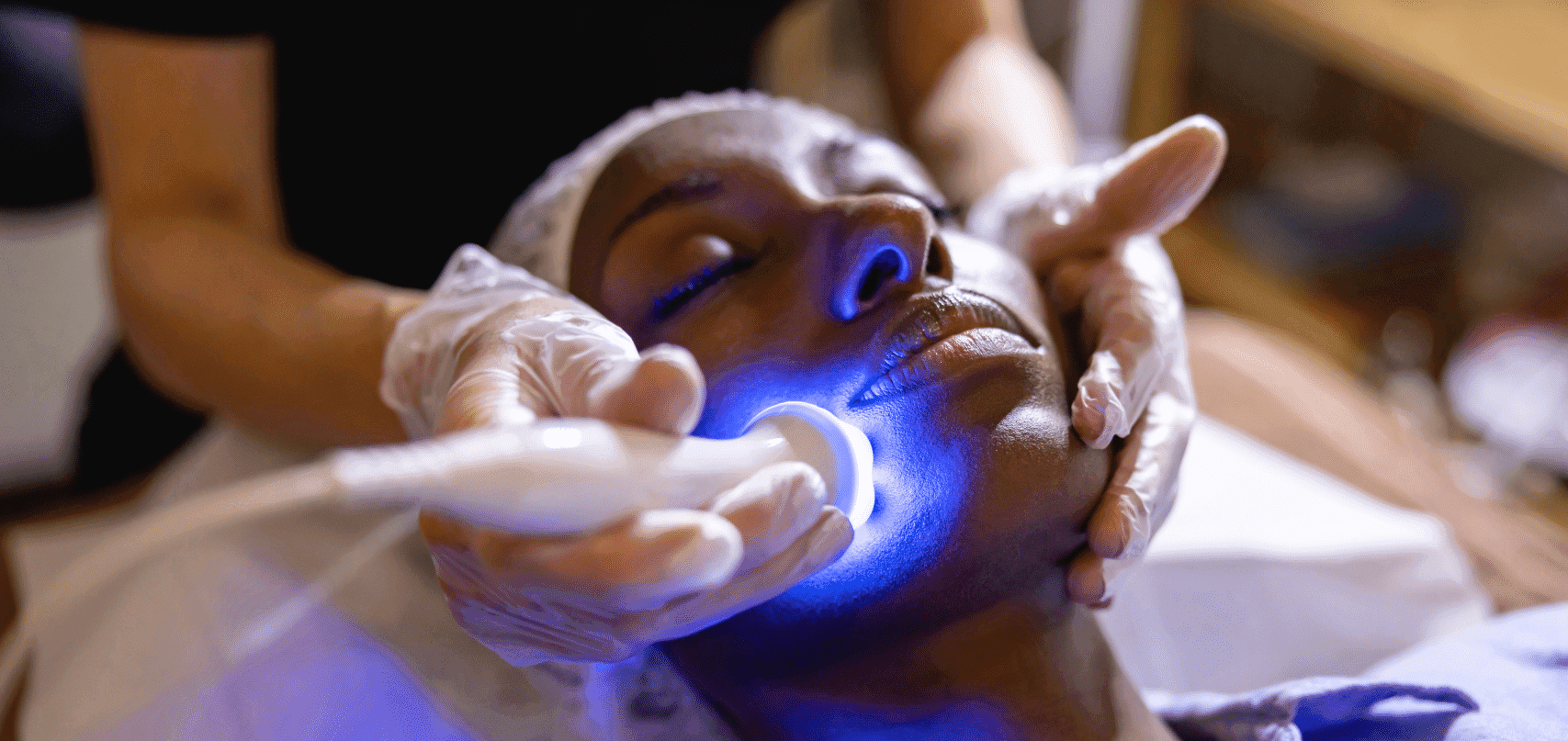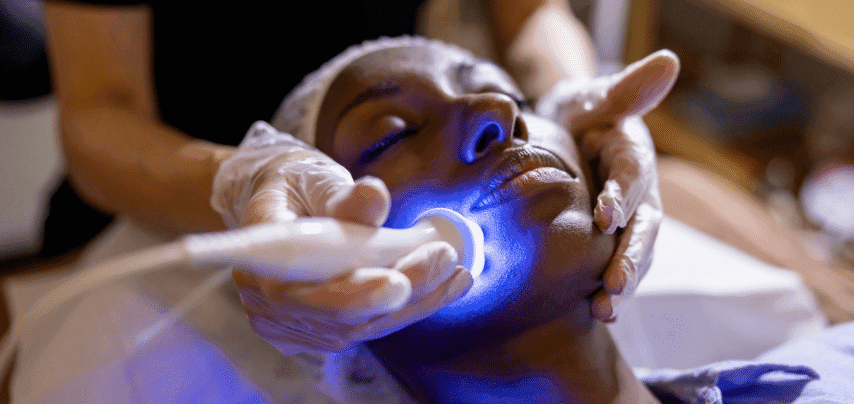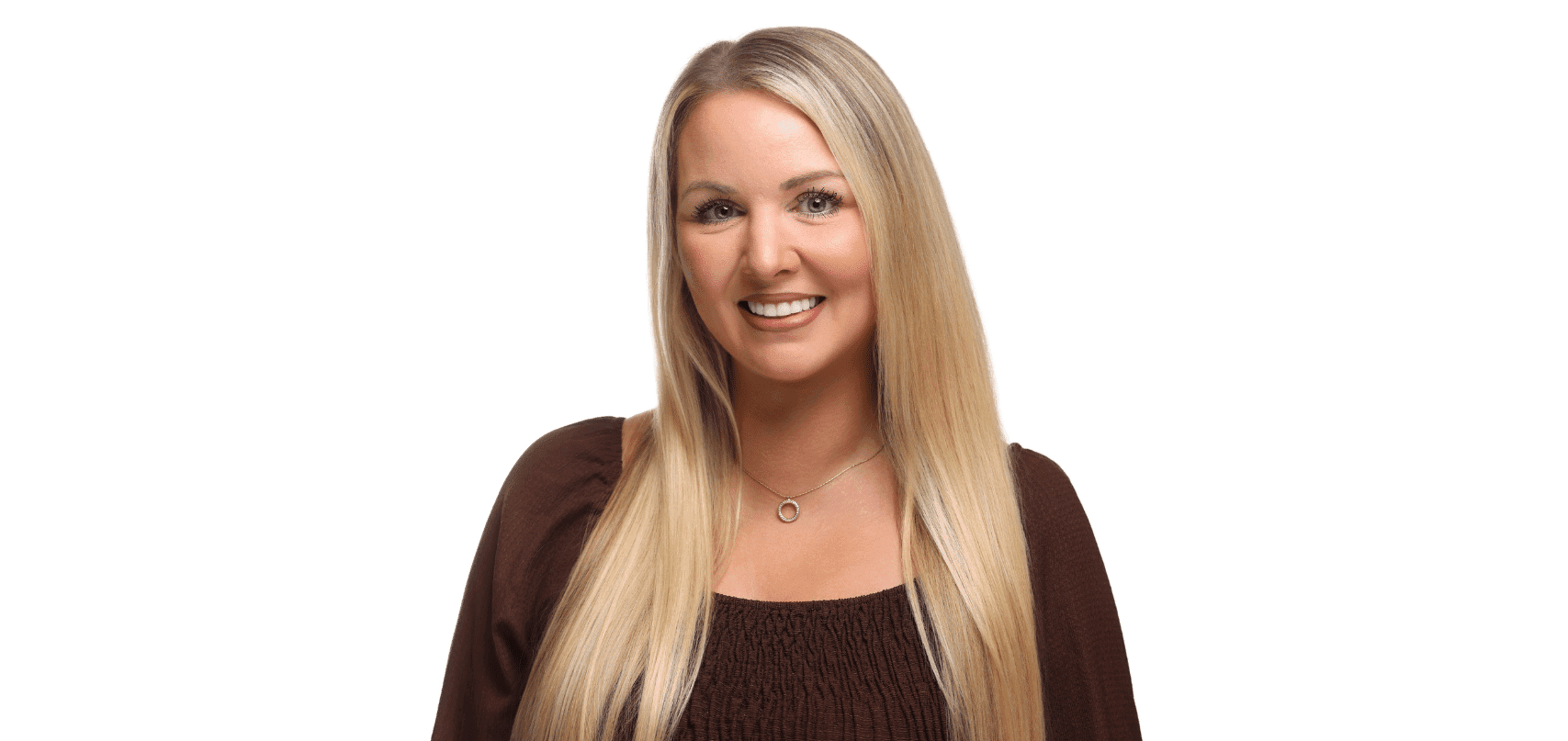By Will Marshall, Head of Legal and Risk Management
The UK government has confirmed it will introduce a licensing scheme for non-surgical cosmetic procedures in England, aiming to boost safety in a fast-growing but inconsistently regulated industry.
Following tragic cases such as the death of Alice Webb after a Brazilian butt lift, high-risk treatments such as breast, buttock and genital augmentation using fillers or fat will be restricted to CQC-regulated specialist surgeons.
Other treatments – including Botox, fillers, chemical peels and lasers – will fall under a new local authority licensing system. A 2023 public consultation drew a record 11,800+ responses, with most supporting regulation but divisions emerging between healthcare professionals and non-medical practitioners over which treatments require medical oversight.
The proposed three-tier system would see:
- Green: Lower-risk (e.g. microneedling) – all licensed practitioners.
- Amber: Medium-risk (e.g. Botox, PRP) – non-medics under medical oversight.
- Red: Highest-risk (e.g. thread lifts, deep peels) – medics only.
Key themes included stronger training standards, age limits of 18+, and clear oversight rules. Legislation for red-tier procedures will come first, with detailed licensing rules for other tiers to follow.
The consultation revealed significant debate around the amber category, which received only 51% support due to sharp divisions between medical and non-medical practitioners. Non-medics argued that supervision requirements were impractical and costly, particularly when some supervisors might have less aesthetic expertise than those they oversee. Meanwhile, medical professionals pushed for stricter controls, with many suggesting that popular treatments like Botox and fillers should be moved to the red category entirely.
The new licensing system represents the most significant regulatory overhaul the cosmetic industry has seen, addressing years of fragmented oversight in a sector worth billions of pounds annually. Local authorities will bear responsibility for issuing licences, though concerns remain about their capacity to effectively monitor and enforce standards across thousands of practitioners and premises.
For practitioners, these changes signal a major shift and the key is to keep informed an updated. For consumers, the promise of safer, more consistent standards across the non-surgical cosmetic industry now looks set to materialise.
You can also listen to JCCP Chair Professor David Sines CBE talk about this on an AlteaTalks episode recorded earlier this year.
Listen on here on Spotify
Listen here on Apple
Catch all AlteaTalks episode here
...
Our valued Altea associates, and AlteaPlus Essential members have received an expanded version of this content in the form of a detailed insight article.
Not an associate or member yet? Join now to enjoy full access to our extensive resources and more.
Interested in exploring more healthcare insights? Listen to our AlteaTalks podcast for expert-led discussions breaking down the latest developments and what they mean for practitioners, patients, and providers.
"The information contained in this article does not represent a complete analysis of the topics presented and is provided for information purposes only. It is not intended as legal advice and no responsibility can be accepted by Altea for any reliance placed upon it. Legal advice should always be obtained before applying any information to particular circumstances.




